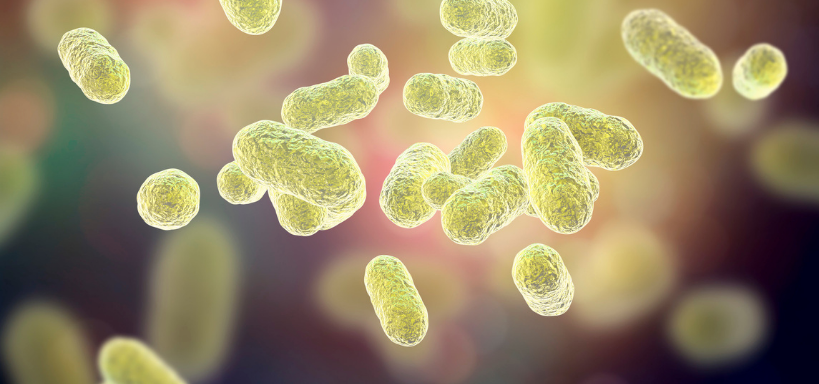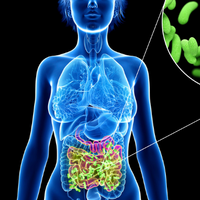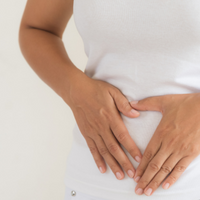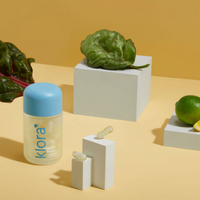The microbiome is the collective community of microorganisms that live inside our bodies. The bacteria, viruses, fungi, and other microbes help us digest food, protect against infections, and even produce nutrients such as vitamin K which aids with immune function (Gorbach 2001). It’s estimated that humans have ten times more bacteria than all of the other cells in our bodies and 99 percent of these bacteria live in the gut!
Current Research on the Microbiome
The microbiome is the subject of much research right now. There are many connections being made between different bacteria and health problems such as allergies, and mental health disorders. The role of our gut bacteria has been examined in relation to obesity, diabetes, irritable bowel syndrome and even cognitive functioning. For example, it’s thought that certain types of gut bacteria may help prevent type 2 diabetes (Ley 2010).
New research shows there might be a link between a person’s emotions and their microbiome. Researchers found an interplay between their intestinal microbiota and the actions of chemicals in the brain called neurotransmitters, like dopamine and serotonin. When people felt more positive emotions, the gut bacteria were affected. In fact, changing your diet and/or exercise can influence the microbes in your body so that you feel happier and less stressed (Schwager 2014).
The microflora also have a strong connection to cancer, which is why several studies have been done on how a person’s microbiome affects their cancer risk. Scientists know that certain types of bacteria help ward off disease-causing bacteria or viruses.
How to Maintain a Healthy Gut
Maintaining a healthy gut is one of the most important things you can do for your health. An unhealthy microbiome leads to all sorts of problems, and it's something that should be taken seriously. We've compiled 5 tips below that will help you maintain a healthy gut so that you can live your best life!
-Consume a gut friendly diet: Avoid processed foods and focus on eating whole or minimally processed plant-based foods. This will help maintain healthy bacteria in your intestines while avoiding unhealthy carbohydrates like grains, sugars, etc.
-Consume probiotics foods: Probiotics are live microorganisms that will populate the gut with beneficial microbes, which help break down food and absorb nutrients. Kimchi, Kefir, Sauerkraut are all great sources of naturally occurring probiotics
-Take a prebiotic daily: Prebiotics serve as fuel for probiotics, so taking them together is the best way to maintain healthy bacteria in your gut.
-Limit alcohol consumption: Alcohol is one of the most destructive things you can put into your body, and it will wreak havoc on your gut and causes gut inflammation and gastritis.
-Keep stress in check: Stress has been shown to damage the lining of our stomachs, which could lead to leaky guts or other problems. It's important to manage your stress levels and find ways that help your body stay at ease.
References:
Gorbach SL. 2001. "Vitamin K". In Gorbach SL, Bartlett JG, Black MM, eds. Infectious Diseases . 5th ed. Stamford (CT): Appleton & Lange; 703--9.
"Human Microbiome Project" Human Microbiome Project Home Page, September 20, 2015 http://www.hmpdacc-archive.jhsph.edu/hmp/index_html#humanmicrobiomeproject 2015
Ley SH, Hamdy O, Mohan V, Hu FB. Prevention and management of type 2 diabetes: dietary components and nutritional strategies. Lancet. 2014;383(9933):1999-2007. doi:10.1016/S0140-6736(14)60613-9
Schwager SJ 2014 Digestion and Dysregulation of the Innate Immune System in Allergic Disease [online] Trends Immunol Dec 1:1-8 epub ahead of print http://www.sciencedirect}








0 comments